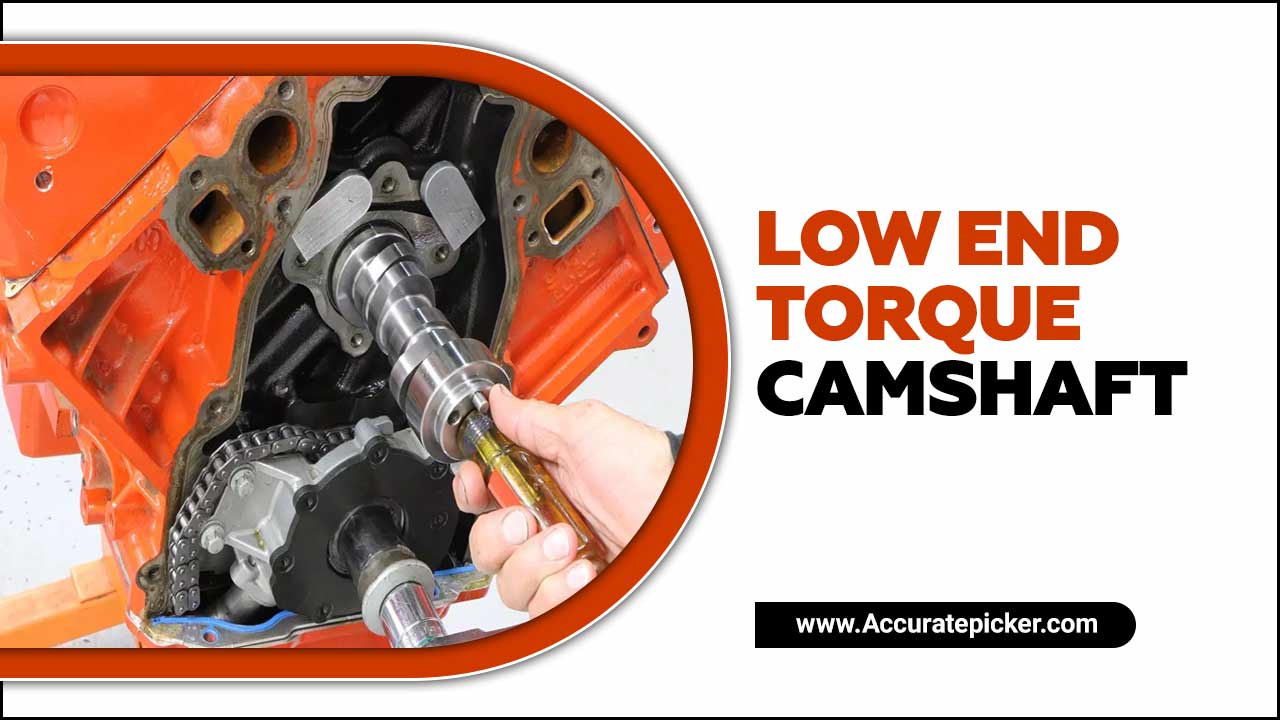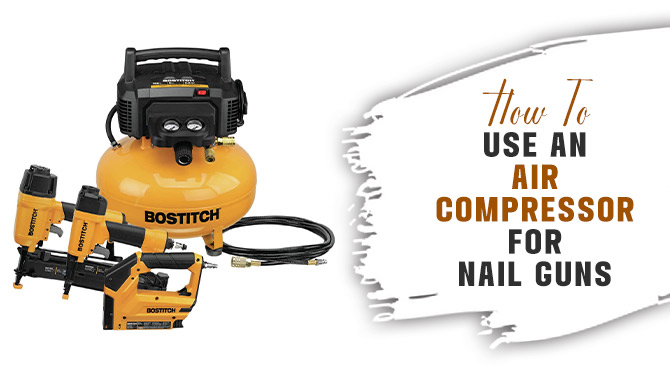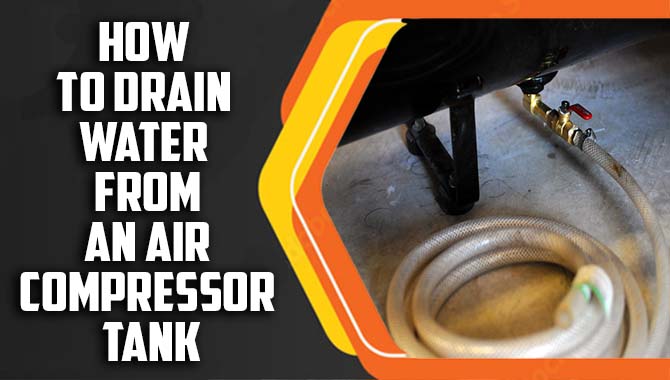The air compressor is a versatile tool used in a variety of applications. It is important to understand the differences between 12V air compressors and 120V air compressors in order to determine which type is best suited for a particular job.
This article will discuss the advantages and disadvantages of each type of air compressor, as well as the best application for each. It will also provide guidance on how to choose the right air compressor for a particular task. By the end of this article, you will have a better understanding of 12V and 120V air compressors and how to select the best option for your needs.
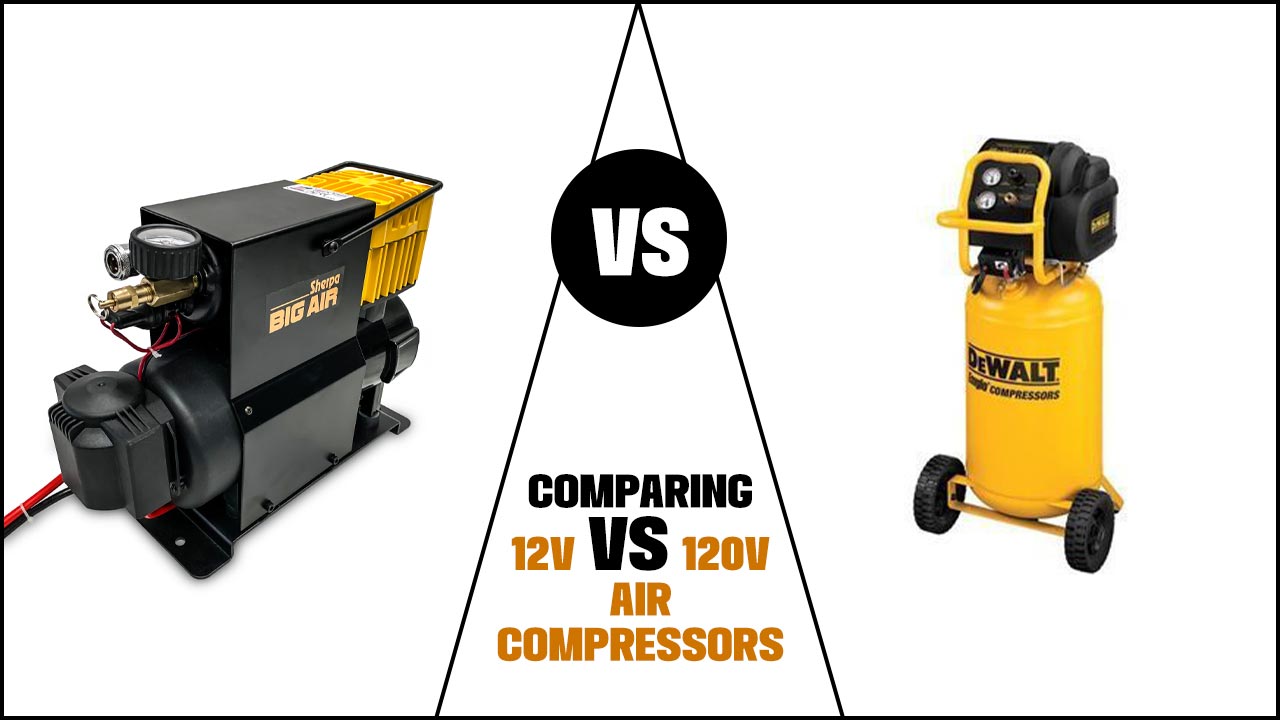
Comparing 12V & 120V Air Compressors
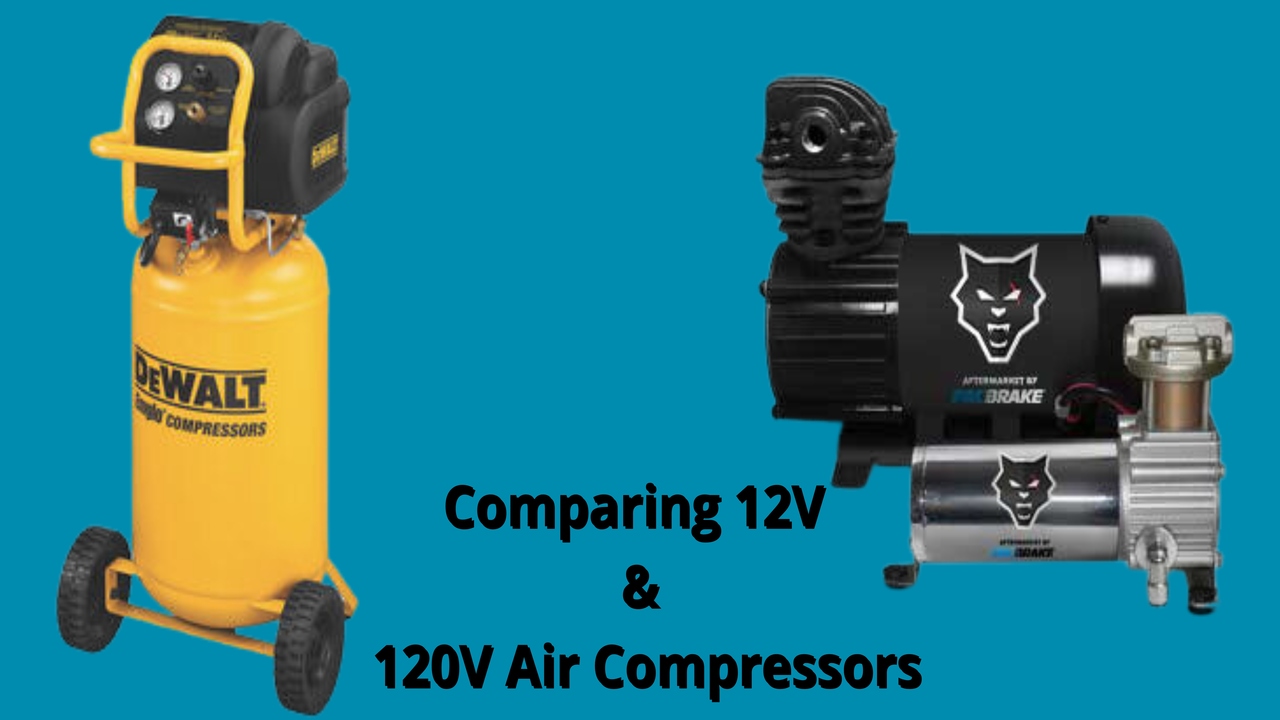
Before delving into the details of 12V air compressors vs. 120V air compressors, it is important to understand the basics of each type of air compressor. 12V air compressors are designed to work with a 12V battery and are typically used for inflating tires, air mattresses, and other inflatable objects.
On the other hand, 120V air compressors are designed to work with a 120V electrical outlet and are usually used in industrial applications such as powering pneumatic tools.
Both types of air compressors have their own advantages and disadvantages, and it is important to consider these factors when deciding which type to use. In this article, we will compare and contrast the 12V and 120V air compressors to help you make an informed decision.
12V Air Compressor
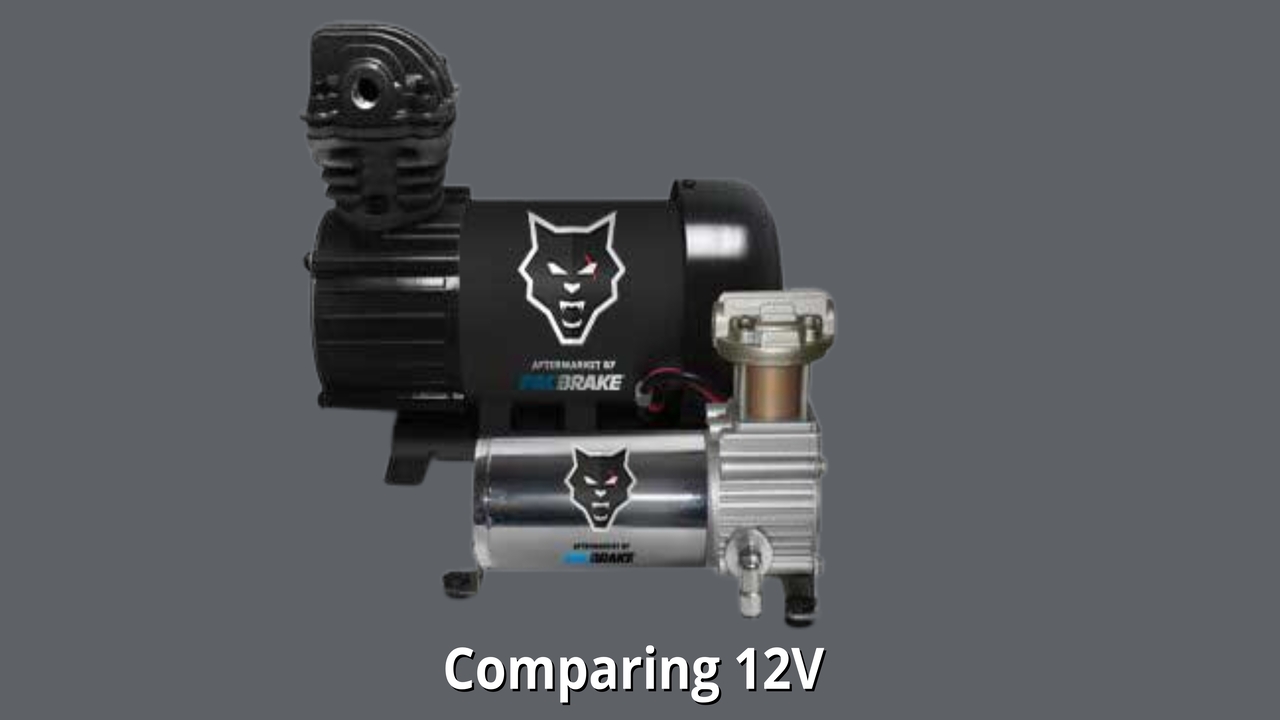
12V Air Compressors are ideal for users who are looking for a light-weight, portable, and efficient air compressor. These compressors are powered by a 12V DC power source, making them extremely versatile and suitable for a variety of applications.
Unlike 120V air compressors, 12V air compressors are more suitable for small projects such as inflating tires, airbrushing, and other hobbyist activities. They are also significantly quieter and more fuel efficient than their 120V counterparts, making them a great option for those who are concerned about the environment.
Additionally, 12V air compressors are typically much more affordable than their 120V counterparts, making them an attractive option for those on a budget.
Advantages
A 12V air compressor offers convenience and portability. With the ability to plug into any 12V vehicle outlet, you can use it on the go to inflate tires, sports balls, and other inflatables. Additionally, it’s lightweight and easy to carry, making it perfect for outdoor activities.
On the other hand, a 120V air compressor offers more power and a larger tank, allowing you to inflate multiple tires or larger inflatables. Furthermore, it can handle more industrial applications than a 12V compressor. It’s also more efficient, since it’s powered by a higher voltage.
In conclusion, the 12V air compressor is ideal for portability and convenience, but the 120V air compressor is better for more power and larger applications.
Disadvantages
When it comes to 12V and 120V air compressors, there are several key disadvantages to consider. The first is that 12V air compressors typically require more power to run than their 120V counterparts. This means that they may not be as efficient as 120V air compressors when it comes to energy consumption.
Additionally, 12V air compressors may be more expensive to purchase than 120V air compressors, as they tend to require more components and parts.
Furthermore, 12V air compressors may not have the same power output as 120V air compressors, as they are limited by their voltage. Lastly, 12V air compressors tend to be much smaller and more portable than their 120V counterparts, making them less suitable for larger projects.
Applications
When it comes to air compressors, the primary difference between 12V and 120V models lies in the applications they can be used for. 12V air compressors are mainly designed for smaller jobs such as inflating bicycle tires, air mattresses, and air sports balls.
On the other hand, 120V air compressors are designed for more intensive tasks such as using air tools, cleaning jobs, and powering air-operated systems. When it comes to cost, 12V models are generally less expensive than 120V models due to their smaller size and the fact that they require less power.
However, they also tend to have shorter lifespans and may not be able to handle more intensive tasks. In comparison, 120V models are more powerful and can handle larger jobs. They are also more expensive and require a dedicated power outlet.
Ultimately, the choice between a 12V and 120V air compressor depends on the type of job you need to complete. If you are only going to be using it for small tasks, a 12V model may be the most cost-effective option. However, if you require greater power and a longer lifespan, a 120V model may be the better choice.
Cost
When it comes to cost, a 12V air compressor typically costs less than a 120V air compressor. This is because 12V air compressors are generally smaller and simpler than their 120V counterparts. 12V air compressors are also often more energy efficient since they don’t require a large electrical input to operate.
While 12V air compressors may be cheaper upfront, they don’t always offer the same power and features that you can get from a 120V air compressor. 120V air compressors are typically more powerful and offer more features like variable speed settings and longer run times.
This makes them ideal for more demanding applications. Ultimately, the cost of a 12V or 120V air compressor will depend on the size and features you need, so it’s important to do your research before making a purchase.
120V Air Compressor
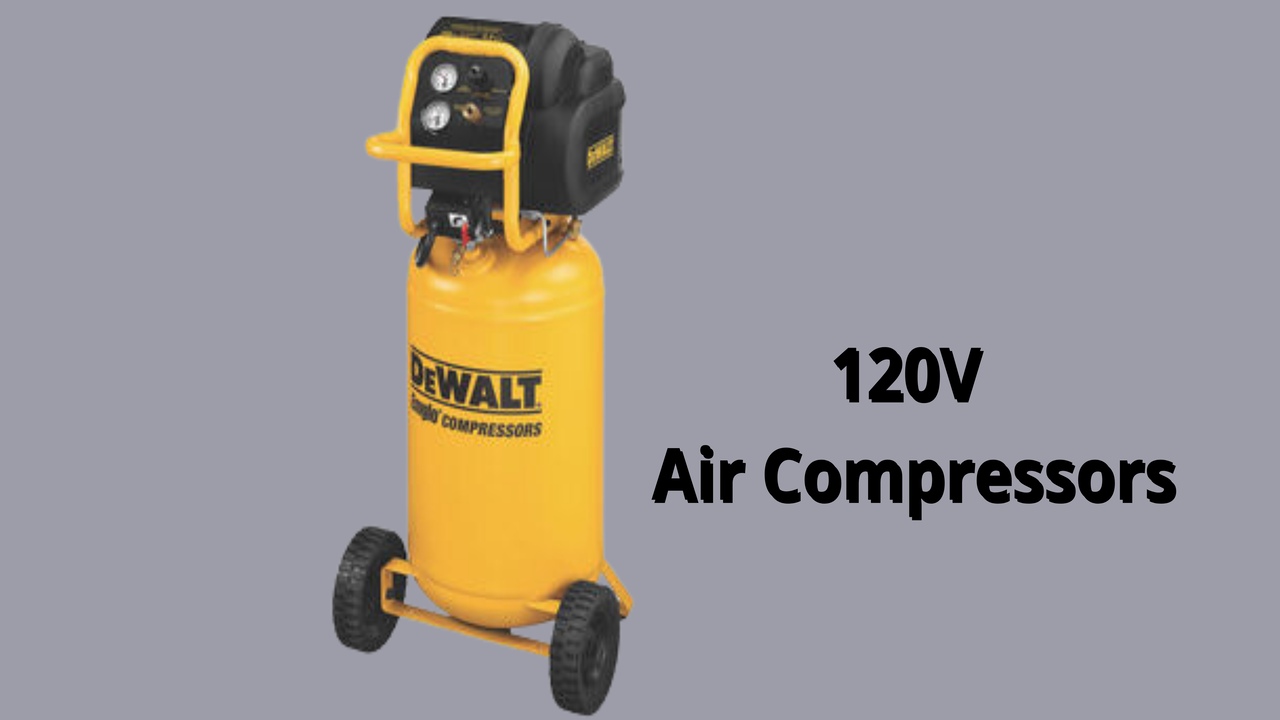
120V air compressors are designed to provide a more powerful output than their 12V counterparts. They are typically used for larger projects that require higher air volume, such as powering a nail gun or inflating a tire. 120V models are more powerful and tend to last longer, making them ideal for professional and industrial use.
They are also heavier and more expensive, but their increased capacity and durability make them worth the additional cost. Additionally, 120V air compressors are capable of powering a wider range of pneumatic tools than 12V models, making them the preferred choice for many professionals.
Advantages
The main advantage of a 12V air compressor over a 120V air compressor is its portability. It can be used anywhere, as long as you have a power source. This makes it a great choice for those who need to take their compressor on the go. Additionally, 12V air compressors tend to be quieter than 120V models, making them ideal for indoor use.
On top of that, they require less power to run, which makes them much more cost-effective to use. Furthermore, 12V air compressors are generally smaller and lighter than 120V models, making them easier to transport and store. Finally, they often come with useful accessories such as air hose connectors, pressure gauges, and pressure release valves.
Disadvantages
When considering the purchase of an air compressor, it is important to weigh the various advantages and disadvantages of a 12V air compressor versus a 120V air compressor. The biggest disadvantage of a 12V air compressor is its limited power.
This type of air compressor is designed for lighter tasks such as inflating tires, camping mats, or air mattresses. It does not have enough power to operate air tools like nail guns, staplers, or drills. A 120V air compressor, on the other hand, has enough power to operate air tools.
It can also be used for heavier tasks, such as sandblasting, spray painting, and operating pneumatic tools. The downside of a 120V air compressor is that it requires a dedicated power source and can be more expensive to purchase and operate.
In addition, 12V air compressors tend to be more portable and have a smaller, more compact design than 120V air compressors. This makes them ideal for taking on camping trips, in a caravan, or for use in tight spaces. However, they do not offer the same power and versatility as a 120V air compressor.
In the end, it is important to compare the advantages and disadvantages of both 12V and 120V air compressors before making a purchase. Each type of air compressor has its own unique benefits, so it is important to decide which type of air compressor best suits your needs.
Applications
When choosing between a 12V and a 120V air compressor, it is important to consider the applications for which the compressor will be used. For applications that only require light-duty use, such as tire inflation, a 12V air compressor may be sufficient.
However, if more heavy-duty applications are needed, such as powering construction tools, then a 120V air compressor is usually the better choice. This is because a 120V compressor has more air pressure and more power than a 12V compressor.
Additionally, a 120V compressor will last longer than a 12V compressor since it is typically built with better components and materials. Therefore, when considering which type of air compressor to purchase, it is important to consider the applications that the compressor will be used for.
Cost
When shopping for an air compressor, one of the most important deciding factors for many shoppers is the cost. The cost of a 12V air compressor versus a 120V air compressor will vary greatly.
While a 12V air compressor is usually less expensive due to its smaller size, a 120V air compressor will cost more due to its larger capacity and higher power. The upfront cost of a 12V air compressor is generally much lower than the cost of a 120V air compressor.
For basic inflation and light-duty tasks, a 12V air compressor may be sufficient. However, if you need to run heavier-duty tools, you may find a 120V air compressor to be more economical in the long run. When considering the cost of a 12V air compressor versus a 120V air compressor, it’s important to consider the cost of the accessories that come with each.
Many 12V air compressors come with a few basic accessories, such as a tire gauge or a tire inflator. On the other hand, a 120V air compressor may come with additional accessories such as an air hose, a pressure regulator, and an air filter. Ultimately, the cost of a 12V air compressor versus a 120V air compressor will depend on the type of tasks you plan to use it for.
If you need to run heavier-duty tools, a 120V air compressor may be a better option. However, if you need a basic air compressor for lighter tasks, a 12V air compressor may be the more economical choice.
Conclusion
When deciding between a 12V air compressor and a 120V air compressor, it’s important to consider the power source availability, the portability, and the power output. 12V air compressors are great for those who need a portable compressor that can be powered by a car battery or other 12V power source.
However, 120V air compressors offer a more powerful output and are better suited for large projects or tasks that require a lot of air. Ultimately, the choice between a 12V or 120V air compressor should be based on the project or task at hand.
FAQ’s
1.What Are The Advantages And Disadvantages Of 1Air Compressors Compared To 12Air Compressors?
Ans: The primary advantage of a single air compressor compared to a two-stage air compressor is that a single compressor is generally cheaper and easier to maintain. Single air compressors also tend to be more compact, making them a better choice for smaller spaces.
However, single air compressors are typically less efficient than two-stage models and do not produce as high of an air pressure output. Additionally, single air compressors tend to produce more heat and noise than two-stage models.
2.What Type Of Applications Are Best Suited For 1Air Compressors Versus 12Air Compressors?
Ans: One air compressors are best suited for smaller, lighter applications that require fewer and lower levels of pressure. Twelve air compressors are better for larger, heavier applications that require higher levels of pressure and greater air flow.
Both types of compressors are used in a variety of applications, such as powering pneumatic tools, inflating tires, and powering air conditioners. Depending on the application, one or twelve air compressors can be used to meet the needs of the application.
3.How Long Can A 1Air Compressor Typically Run On A Single Charge?
Ans: The answer depends on the type of air compressor being used. Generally, a single charge can last anywhere from 30 minutes up to several hours, depending on the size and power of the compressor.
Smaller, portable air compressors tend to run for around 30 minutes, while larger and more powerful ones can last several hours. The duration of a charge can also be impacted by the air pressure and temperature of the environment.
4.How Much Pressure Can A 1Air Compressor Generate Compared To A 12Air Compressor?
Ans: A 1air compressor can generate less pressure than a 12air compressor. The amount of pressure generated depends on the type and size of the compressor, as well as the type of air pressure needed.
A 1air compressor may be able to generate up to 90 psi, while a 12air compressor can generate up to 135 psi. Therefore, a 12air compressor can generate more pressure than a 1air compressor.
5.Are 1Air Compressors More Portable Than 12Air Compressors?
Ans: No, 1air compressors are not more portable than 12air compressors. Generally, the more air compressors in a unit, the larger and heavier it is. This makes 12air compressors much less portable than 1air compressors. Additionally, 12air compressors usually require a more powerful motor and more complex components that add to the weight of the unit.


![7 Best Spray Gun For Small Compressor [Reviews With Buying Guide]](https://accuratepicker.com/wp-content/uploads/2023/07/Best-Spray-Gun-For-Small-Compressors.jpg)
